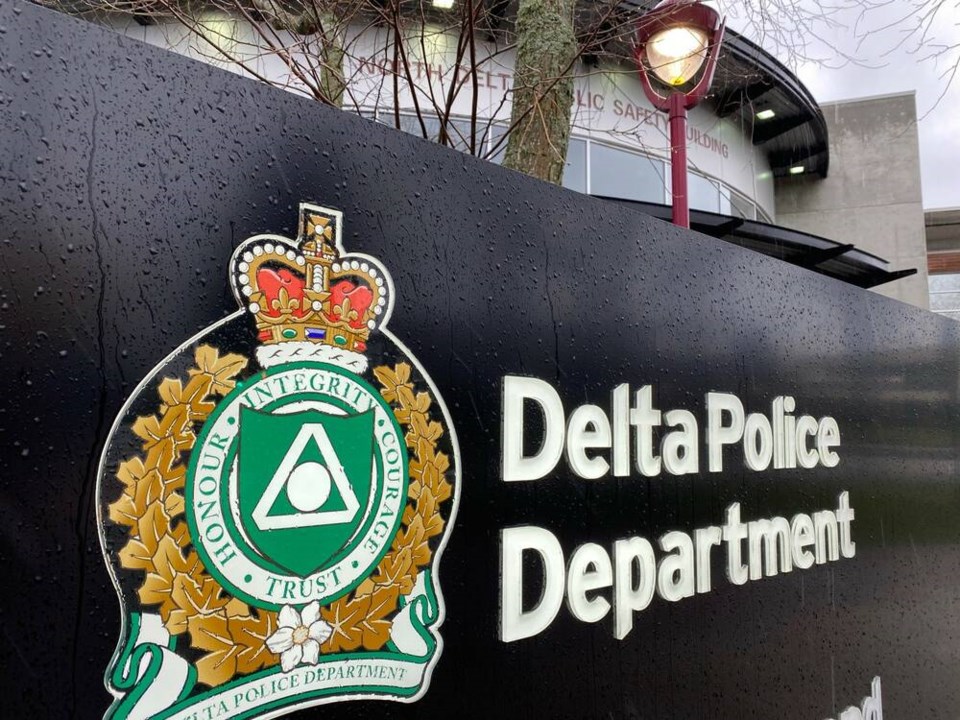Mayor George Harvie is asking the province for better municipal representation on the Delta Police Board.
Harvie, who chairs the board, recently sent a letter to Mike Farnworth, Minister of Public Safety and Solicitor General, once again requesting a city councillor and school board trustee be allowed to become board members when vacancies are available.
“The cost of keeping the community safe through effective policing services has risen by nearly 30 per cent over the last five years to almost $54 million in 2023. Policing services is the largest item in the City of Delta’s budget, accounting for approximately one quarter of the city’s property tax draw. Since councillors are ineligible to serve on the police boards, policing is also the only part of the city’s budget that is essentially outside the control of council,” wrote Harvie.
“Adding a councillor and a school trustee to the Delta Police Board would enhance good governance for the community and provide greater oversight of the community’s tax dollars, while continuing to ensure the police board operates at an arms length from local government politics.”
Two years ago, Harvie, on behalf of city council, made a similar submission to the Special Committee on Reforming the Police Act, saying change is needed to the current structure and governance of boards. He cited a need to provide additional representation of elected council members and ensure the elected council appointees have equal rights to participate as appointed board members.
The committee’s final report to the legislature last year contains a series of recommendations on policing including transitioning to a new provincial police service that is governed by the new Community Safety and Policing Act.
The act would include, among other things, establishing “a governance model, such as municipal or regional police boards or committees, that is representative of the community and provides opportunities for local input on policing and public safety priorities.”
The act would also ensure “municipal council representation on municipal police boards or committees, while not allowing the mayor to serve as board chair.”
The report notes the current Police Act requires a mayor to act as the chair for a municipal police board, which several local governments and police boards described as a source of tension and conflict.




